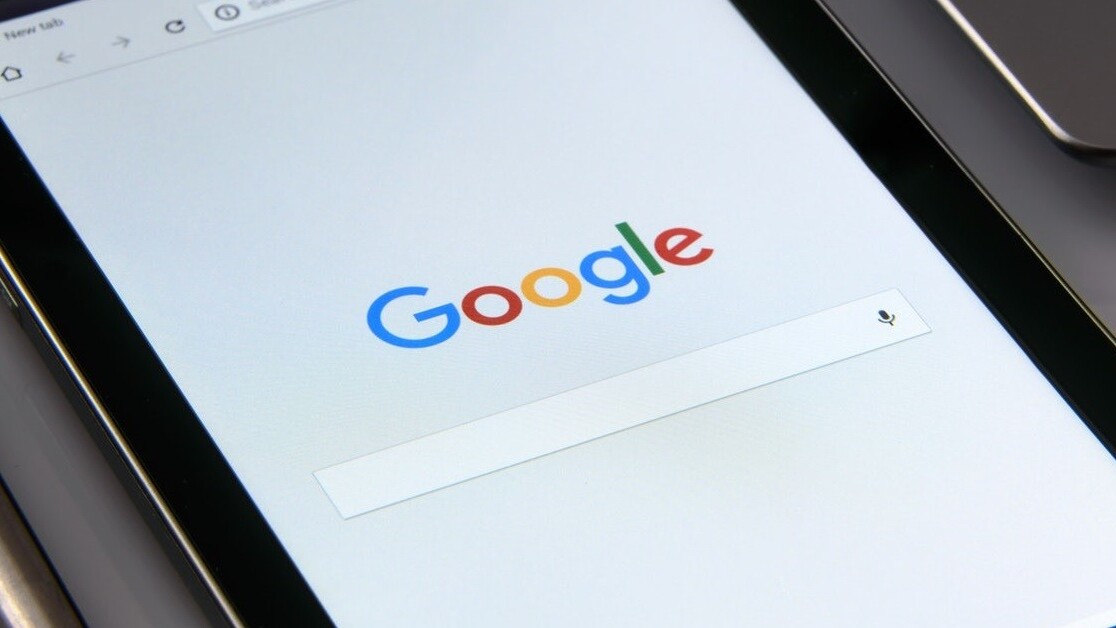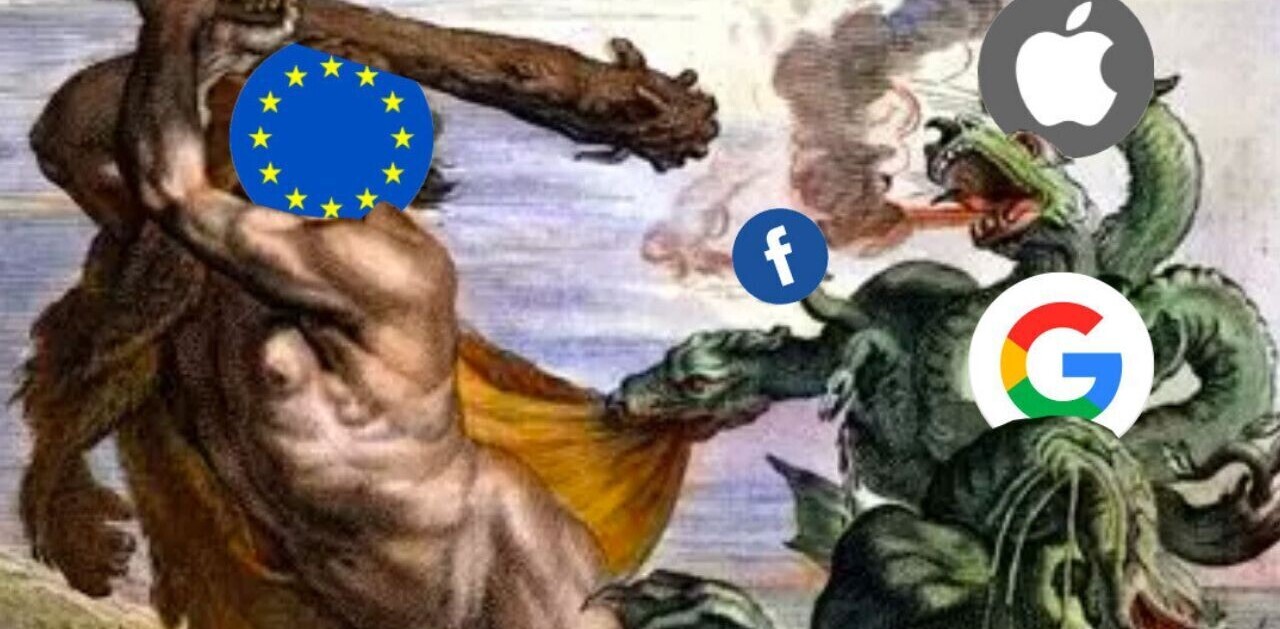
Google has become the latest company to reconsider its approach to political ads.
The internet giant has announced a crack down on political ads that limits advertisers from targeting ads based on voters’ political leanings or public voter records.
Outlining its new approach to microtargeting of election ads, the company said it’s limiting ad targeting to voters based on age, gender, and general location at the zip code level.
While ads based on an individual’s specific location or those with false claims will no longer be allowed, contextual targeting — i.e. serving ads to people based on their online reading or watching habits about a particular subject — will still be permitted.
These practices are in line with “long-established practices” in media such as TV, radio, and print, Google said.
The search goliath is looking to enforce the new rules over the coming week in the UK ahead of the general election next month, with EU-wide rollout coming by the end of the year, and a broader worldwide implementation starting on January 6, 2020.
The move comes in the wake of Facebook and Twitter taking polar positions with regards to policing political ads on their respective platforms.
Facebook has stuck to its stance that it’s accepting political ads even if they contain falsehoods, where as Twitter has banned political ads altogether. Snapchat, for its part, has said it will fact-check and review all ads on the social media service.
Earlier this month, Mozilla called on Facebook and Google to stop microtargeting political advertisements.
“Political speech is critical to democratic discourse, but against the very real circumstances of organized disinformation and organic misinformation today, microtargeting keeps ideas from being debated in the open, and fiction parades as fact,” said Ashley Boyd, vice president of advocacy at the Mountain View-based non-profit.
Google, which largely stayed out of the debate until now, is clearly taking a middle ground by restricting election-based microtargeting, which — although in sharp contrast to Facebook — ultimately stops short of becoming a blanket ban.
But given Google’s stranglehold on the ad ecosystem, the development is likely to shake up digital plans for campaigns during the 2020 US presidential elections.
Get the TNW newsletter
Get the most important tech news in your inbox each week.




